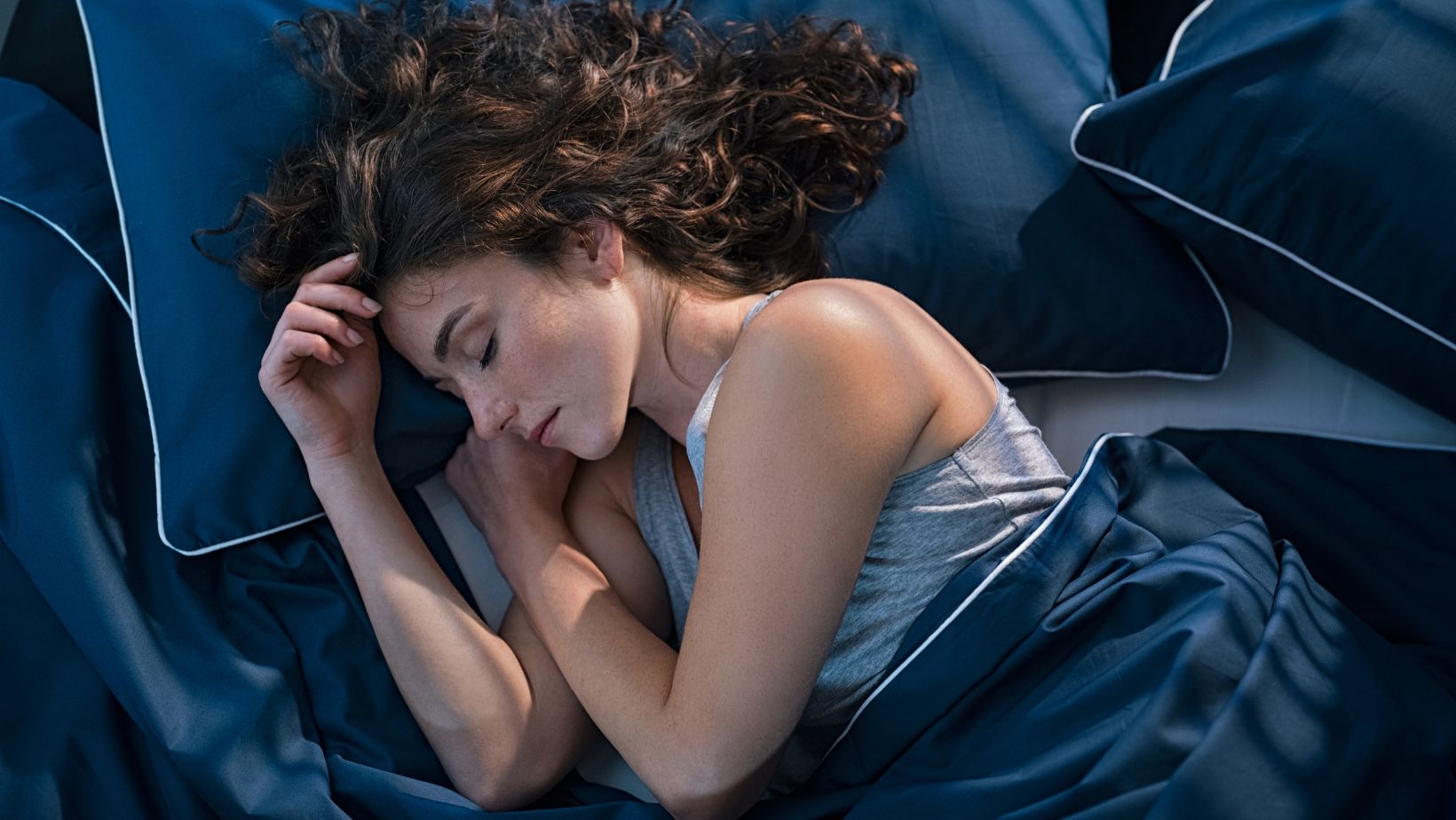You might never have considered it, but your bedroom environment has much to do with how well you sleep. You need a relaxing atmosphere set up with the proper lighting, noise levels, mattress, and bedding to suit your needs.
Some people are different, so what is comfortable and right for you may not be right for your partner, and you might compromise.
Temperature
The recommended temperature for sleep is between 15-20 degrees Celsius. This can vary slightly between individuals, but most doctors recommend this temperature range for comfortable sleep.
Healthy adults experience a drop in body temp when sleeping. This happens naturally because a lower temperature makes you feel sleepy.
Noise
It’s obvious that, for most people, a quieter bedroom is better for sleep than a loud one. You can select your windows and window coverings to help minimize outside noise.
Use ambient noise, such as a fan or soothing music, to help muffle noise from outside that could keep you awake.

Mattress and Bedding
This is really a choice of what makes you the most comfortable. Mattresses come in many sizes and firmness. You might prefer the contours of memory foam or the softness of latex. Some still enjoy the springiness of a coil mattress. This is an area where there is no one right way.
Bedding also comes in many different styles. Sheets, comforters, duvets, quilts, and blankets are all possibilities. For sheets, consider the material, such as percale or linen and the thread count.
Different materials have a different feel, and you may have a preference.
Bed coverings such as duvets, quilt covers and comforters are the most popular choices.
Pillows also come in a range of firmness, loft, and durability.
Regularly cleaning your floor and changing your bedding can reduce the presence of dust mites that trigger allergies.
Remember that your top priority is comfort when it comes to bedding. You don’t necessarily have to break the bank regarding mattress and bedding. Find something you enjoy sleeping on.
Lighting
Your body wants to stick with the natural circadian rhythm following the normal day-light cycle. You should keep your room dark. You might want a low night light if you wake frequently to use the bathroom, but other than that, darkness will promote better sleep.
Artificial light from televisions or other electronic devices is not recommended.
Blue light from electronic screens can act to keep you awake and cause insomnia. Avoid using electronics an hour or two before bedtime to help you fall asleep faster.

Maintain The Environment
Once you establish a relaxing, restful environment, keep it that way.
If your bedroom becomes the spare closet, do what you can to eliminate clutter or disorganization.
It’s best not to use your bedroom for work, exercise, or other activities such as gaming or watching television. Try and remove electronic gadgets from another space, if at all possible.
Depending on your circumstances, this may not be 100% possible, but do your best to make your sleeping space distraction-free.



